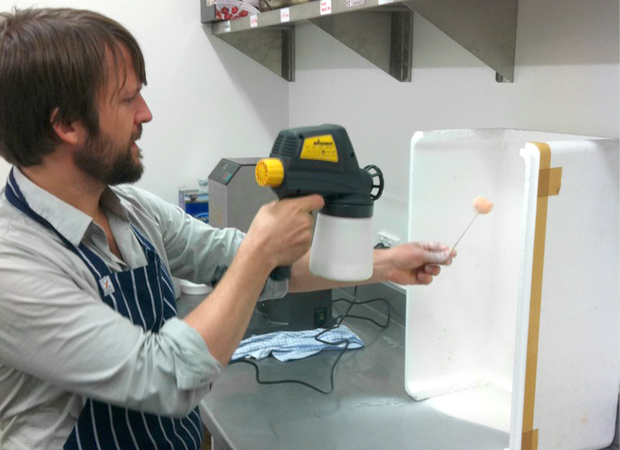
Could IBM create the next star chef?
IT firm's artificial intelligence team approaches cookery as just another big data problem - with surprising results
As the excitement surrounding The World's 50 Best Restaurants announcement starts to die down, news reaches us that the future stars of gastronomy could be a little less human than Redzepi, Atala, Patterson and co. Fast Company reports that IBM's artificial-intelligence developers, far from being satisfied with diagnosing unpleasant ailments and winning TV quiz shows, have programmed their computers to dream up new recipes.
IBM's Dr. Lav Varshney, a research scientist for the firm, asserts that “we may not realise that the way we perceive flavours and the characteristics of a 'good' meal are fundamentally chemical and neural." He adds, "in five years, computers will be able to construct never-before-heard-of recipes to delight palates – even those with health or dietary constraints – using food's molecular structure.”
This might sound like the technical solution to a non-existing problem. Yet Varshney says their gastronomic experiments could have real-world applications, such as the creation of new recipes that are not only healthy but also tasty.
With this in mind, they've broken down gastronomic information down into certain sets to allow their computers to conjure up new dishes: a recipe index for certain common dishes, such as pies, soups, quiches, and so on; a 'hedonic psychophysics' index, which lists which molecules taste nice; and a 'chemoinformatics' index which bridges the two, detailing which molecules can end up in which dishes.
Sounds dry? Well, it could yield some pretty interesting dishes, as Dr Varshney explains: “With an understanding about what quiche is, and access to information about a world of other ingredients, the system can create a completely novel quiche. Perhaps a quiche that uses venison, fenugreek and sandalwood?”
Food for thought, Dr Varshney, particularly if big problems such as obesity and food security could interact with the culinary demands of haute gastronomy. To read more, go here; and to discover how more natural higher intelligence yields fantastic dishes, browse through our excellent choice of gastronomy books.